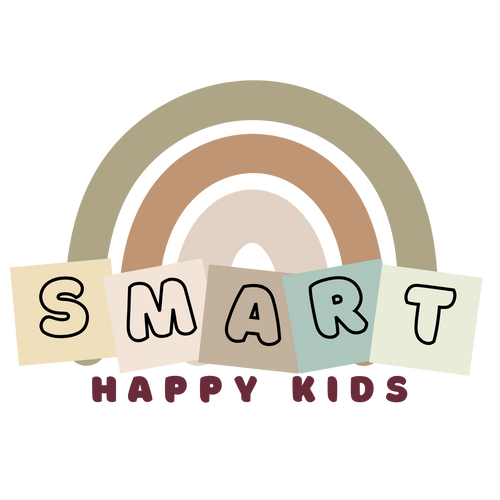Why the Montessori Method Works: Key Reasons Behind Its Success in Education
Today we’re going to talk about something truly interesting — an approach to education that’s nothing like the traditional school system. If you’ve ever wondered about the benefits of Montessori education, this article is for you.
It will help you understand whether is Montessori effective, what the research says (you should know that this method has been studied by practically everyone, from Stanford researchers to Harvard psychologists, and they were genuinely impressed by the results), and why more and more parents and educators are choosing this path of learning.
What’s the Difference Between Traditional and Montessori Education?
Imagine a normal school: a bell rings, desks are lined up in rows, one textbook for everyone, and homework to do. Now, imagine a classroom where kids can freely choose what they want to work on. Instead of everyone doing the same worksheet, one kid might be building a tower with blocks, another sorting colorful beads, and someone else experimenting with water and funnels. Everything is based on a child-centered approach — the child is the main focus, not the curriculum.
Instead of just memorizing, kids explore the world through hands-on activities, like sorting objects, building shapes, and trying out experiments. And that is a big difference!
But that doesn’t mean everything is left to chance — there is a clear order in the classroom, and the teacher is not just watching from the side. They gently guide, help, and support when needed. So, kids have the freedom to choose, but it is always within clear limits and under careful watch.
Advantages of Montessori Education
The list is really long. But let’s focus on the main points:
- Independence and responsibility — children learn to make decisions on their own, organize their space, and take responsibility for their actions.
- Critical thinking — they learn not just to repeat, but to analyze and find solutions.
- Cognitive development — research confirms that Montessori students have higher results in mental development, especially in math and language skills.
- Emotional intelligence — through daily interaction with peers and younger students, emotional intelligence is formed.
- Social skills — children work together, help each other, and develop communicative skills.
Parents can easily apply the Montessori approach at home using sensory tools. Montessori toys are safe and natural/ They are excellent tools for developing motor skills, logic, and concentration, and are suitable for little ones starting from six months old.

What the Science Says: Research on Montessori Education
Since that distant 1907, there hasn’t been a single year without research. Over more than 100 years, so much has been shown, proven, and demonstrated that you could write a whole library on the topic "Why Montessori Works." But let’s get closer to us, like in 2006 (in the journal Science), which showed that children in Montessori schools are doing much better in reading and math. They also understand people better and calm down more easily.
From research groups of children, scientists moved to regular schools. In 2022, a study in France showed that kids in Montessori classes were crushing it at reading compared to regular schools. Why? Because they learnt by touching things, moving around, and actually doing things, not just sitting there staring at boring books.
Nowadays, in the year 2025, a study looked at over 1,900 adults. People who went to Montessori school for at least three years were happier, more confident, and had better friends when they grew up. So, is Montessori effective? Yes. It helps kids learn well and grow up strong and happy.
Why Choose Montessori Education
The answer is simple — because this method works. There’s no point in studying it for a long time anymore, since everything has long been proven and demonstrated. Besides, it’s easy to adapt to any age. Montessori education works great for learning at home with mom, for inclusive programs, and even for advanced teenagers. And teenagers, believe us, quickly learn to control their emotions, improve their memory, and attention simply by doing what interests them.

Conclusion: Proven Method that Still Works Today
Thanks to Maria Montessori, her approach to teaching has made many children happier and smarter. And there’s no magic or super science. The whole point is letting each kid learn in their own way, and it still works great today!
New Montessori research and development shows that when kids get to choose how they learn, they do way better. They become more confident, curious, and actually excited to learn. If you want learning to be fun, not a boring race, Montessori might be just what you need. You can even start at home! Check out www.montessoriboard.com for cool busy boards that help your kid grow with love and respect.
Tried Montessori at home or school? Tell us in the comments — your story might inspire other parents to give it a shot!

